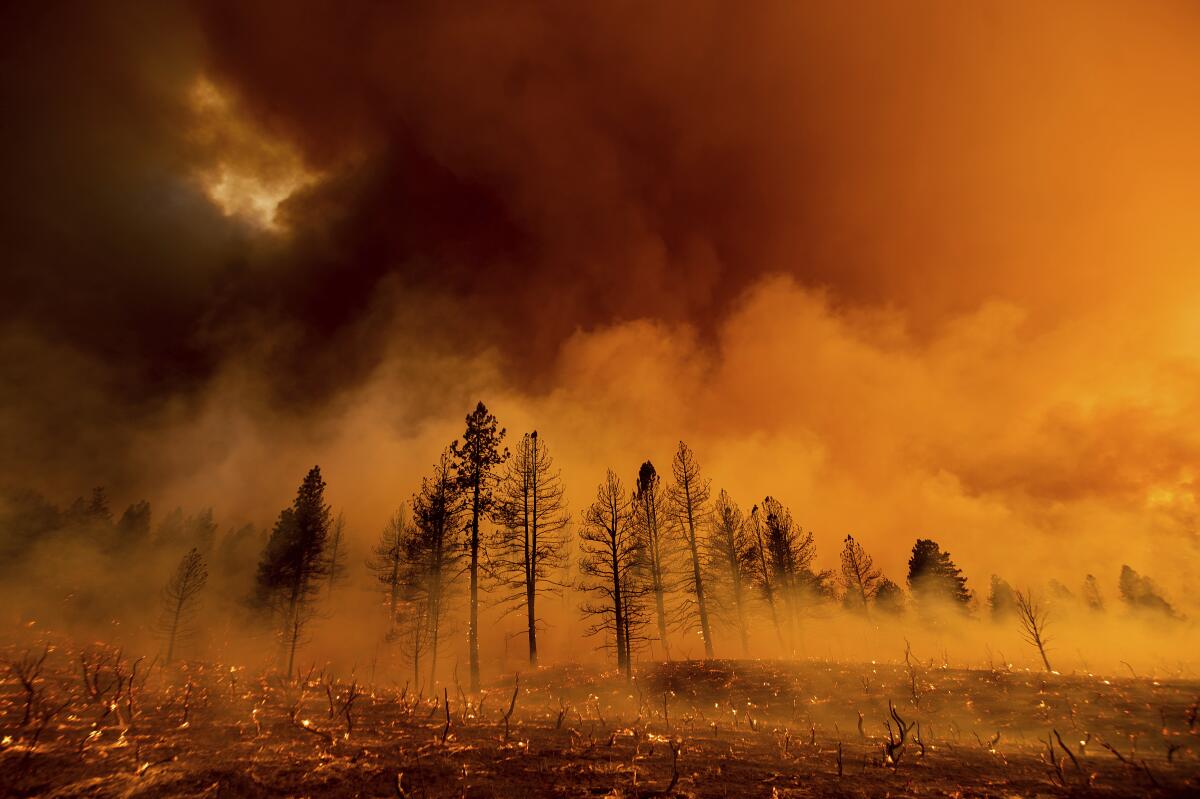
Sounding the Alarm: The Importance of Emergency Alert Systems for Natural Disasters
The massive wildfires in Maui in 2023 caused unimaginable devastation and destruction. More than 2,200 residential and commercial properties were damaged, and recovery efforts were estimated to cost around $5.5 billion, according to the University of Hawaii’s Pacific Disaster Center and the Federal Emergency Management Agency.1 Even more horrendous is the estimated 111 people who lost their lives.2
One major source of contention has been Hawaii’s failure to properly notify residents and tourists of the impending danger. Despite the state having the largest outdoor warning system in the world, emergency sirens were not activated, and cell phone notifications were said to have fallen short due to power outages.3
The fallout from this unfortunate event highlights the need for reliable emergency alert systems during extreme weather events. United Nations Secretary-General António Guterres introduced a €2.9 billion plan to provide early warning coverage to the entire world by 2027.4
FIXT, the Procure Disaster Recovery Strategy ETF consists of companies that help mitigate damages and rebuild from extreme weather events such as wildfires. Included within these services are companies providing advanced detection awareness:
- Enersys* offers batteries and backup for the installation, maintenance, and management of power sources to keep power and communications systems operational.
- Fujitsu* develops warning systems utilizing social media, texts, phone calls, and emails.
- Nvidia* uses models to detect flood zones for early evacuation recommendations.
Conclusion
As wildfires and other natural disasters increase in frequency and damage, the need for emergency alert systems is more important than ever. For more information regarding FIXT, the Procure Disaster Recovery Strategy ETF, please visit http://www.ProcureETFs.com/fixt.
____________________________________
1”Rebuilding Maui after deadly wildfires could cost more than $5 billion, officials project,” www.cbsnews.com, August 13, 2023.
2”As death toll in Maui fire rises, here’s how it compares to the deadliest fires in the US,” www.usatoday.com, August 17, 2023.
3″Hawaii has a robust emergency siren warning system. It sat silent during the deadly wildfires,” www.msn.com, August 13, 2023.
4″Climate disasters: How much would it cost to implement early warning systems worldwide?, www.unesco.org, July 31, 2023.
Important Information
*As of August 26th, 2024, Enersys (ENS) was a 2.08% holding, Fujitsu (6702 JP) was a 2.51% holding, Nvidia (NVDA) was a 2.22% holding in the Procure Disaster Recovery Strategy ETF (NASDAQ: FIXT). For a complete list of constituents in the Procure Disaster Recovery Strategy ETF, please visit www.ProcureETFs.com/FIXT.
Please consider the Funds investment objectives, risks, and charges and expenses carefully before you invest. This and other important information is contained in the Fund’s summary prospectus and prospectus, which can be obtained by visiting procureetfs.com. Read carefully before you invest.
Investing involves risk. Principal loss is possible. The Fund is also subject to the following risks: Shares of any ETF are bought and sold at market price (not NAV), may trade at a discount or premium to NAV and are not individually redeemed from the funds. Brokerage commissions will reduce returns. Securities of small- and mid-capitalization companies may experience much more price volatility, greater spreads between their bid and ask prices and significantly lower trading volumes than securities issued by large, more established companies. The Fund is not actively managed so it would not take defensive positions in declining markets unless such positions are reflected in the underlying index. Please refer to the summary prospectus for a more detailed explanation of the Funds’ principal risks. It is not possible to invest in an index.
Natural Disaster/Epidemic Risk – Natural or environmental disasters, such as earthquakes, fires, floods, hurricanes, tsunamis and other severe weather-related phenomena generally, and widespread disease, including pandemics and epidemics, have been and may be highly disruptive to economies and markets, adversely impacting individual companies, sectors, industries, markets, currencies, interest and inflation rates, credit ratings, investor sentiment, and other factors affecting the value of the Fund’s investments.
Foreign Investment Risks – Foreign securities are typically more volatile, harder to price, and less liquid than U.S. securities.
American Depositary Receipt Risk (ADR)-ADRs involve risks like those associated with investments in foreign securities, including changes in political or economic conditions of other countries and changes in the exchange rates of foreign currencies. ADRs listed on U.S. exchanges are issued by banks or trust companies and entitle the holder to all dividends and capital gains paid out on the underlying foreign shares. Investing in ADRs as a substitute for an investment directly in the foreign company shares, exposes the Fund to the risk that the ADRs may not provide a return that corresponds precisely with that of the foreign company’s shares.
The Procure Disaster Recovery Strategy ETF is neither associated with, nor endorsed by, the Federal Emergency Management Agency.
The Procure Disaster Recovery Strategy ETF is distributed by Quasar Distributors LLC.